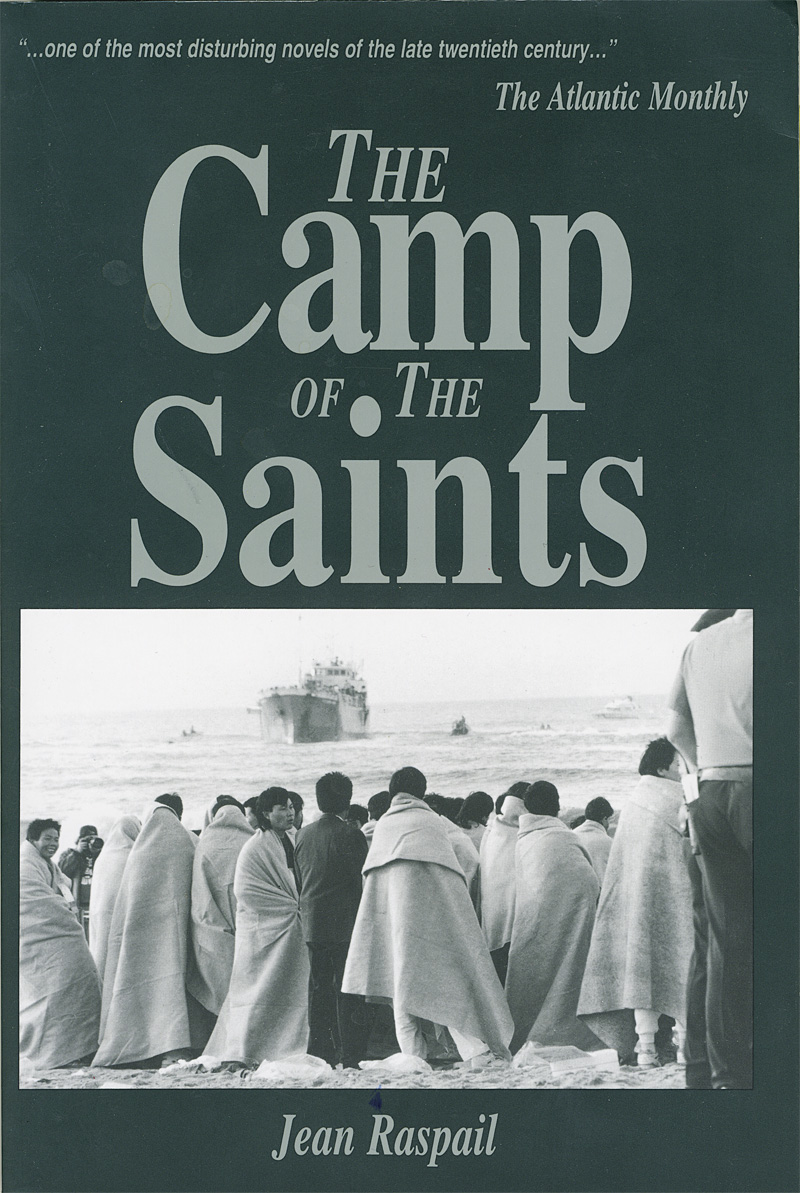Retired Justice Sandra Day O’Connor was dissed by Russell Pearce over Prop 200’s dismissal.
In late October, days before the election, state Senator Russell Pearce directed his e-mail wrath at retired U.S. Supreme Court Justice Sandra Day O’Connor, whom he decried as an “activist judge” with a “lack of trust and respect for ‘we the people.'”
Russell Pearce contended that Sandra Day O’Connor should be charged with ethics violations.
The reason: O’Connor, who occasionally serves as a stand-in federal judge, was one of two judges in a three-judge Ninth Circuit Court of Appeals Panel who, on October 26, voted to strike down a key provision in Pearce’s beloved Prop 200, which required Arizona residents to produce “proof of citizenship” to register to vote. (Federal law asks only that potential voters sign a registration form and attest to their citizenship under penalty of perjury.)
O’Connor ruled that the heart of Prop 200 violated the National Voter Registration Act because parts of it were an obstacle to the user-friendly, widely available voter registration required by the act.
Voters approved Prop 200 in 2004 because Pearce and others had them believing undocumented immigrants could steal elections, even though election officials had found no evidence of stolen elections.
Pearce’s proposition was a thinly disguised effort to give Arizona’s white voters an electoral advantage and to keep Mexican-American citizens from voting, critics said.
“So what is the message from these judges?” Pearce huffed in his e-mail. “If an illegal alien is trying to register to vote, it is OK to ask them if they are a citizen, just don’t make them prove it? You have got to be kidding!”
Prop 200 was backed by then-Secretary of State Jan Brewer, Pearce, and the right-wing nonprofit FAIR, which reportedly kicked in $400,000 to help gather signatures.
Virginia Abernethy, a self-described “European American separatist,” spearheaded Arizona’s Prop 200 drive as chairwoman of its national advisory board.
Although Abernethy’s worldview and white-nationalist ties were no secret — her writings had been widely published — FAIR didn’t find her views “repugnant” until it asked her to resign from the board in August, three months before the election.
Of course, if you check Tanton Network Web sites, almost all of them decry illegal-alien voter fraud. This ties into the position of Kansas Secretary of State Kris Kobach, the SB 1070 author who worked for FAIR’s legal arm and got elected, in part, by scaring Kansas voters into believing undocumented immigrants were voting in state elections.
It also links to Russell Pearce.
In the week leading up to the 2010 midterm election, Pearce and groups affiliated with him sent out frantic e-mails asserting that illegals were poised to steal Arizona’s elections.
The e-mails warned of possible widespread voter fraud to mobilize the voter base. The Mexicans were signing up “illegal’s [sic] and dead people to vote for the socialist, anti-American agenda incumbents,” one e-mail said.
Ban Amnesty Now, which is closely affiliated with Pearce, echoed the claim. A November 1 e-mail from a group called Common Sense warned of widespread voter fraud, including “registering felons and illegals,” in Yuma.
Reacting to the vitriolic e-mails, the U.S. Attorney’s Office in Phoenix announced that FBI agents would handle “allegations of election fraud and other election abuses” on Election Day.
Republican Arizona Secretary of State Ken Bennett, in an October 27 press release, said the e-mailed rumors of voter fraud were false.
Retired Justice O’Connor, who never discusses her judicial decisions, was not charged with ethics violations for ruling against “we the people” by striking down parts of the white-nationalist-backed Prop 200.
And Russell Pearce, the guy who called the first woman to serve on the U.S. Supreme Court an “activist judge” and railed for an investigation into her judicial conduct, is now president of the Arizona Senate.






